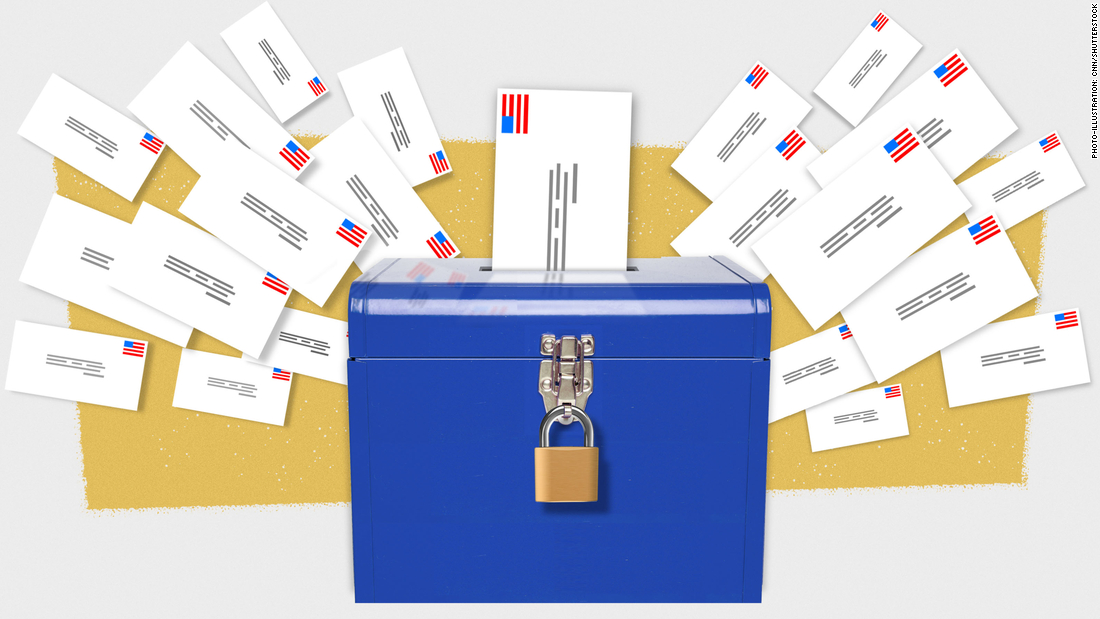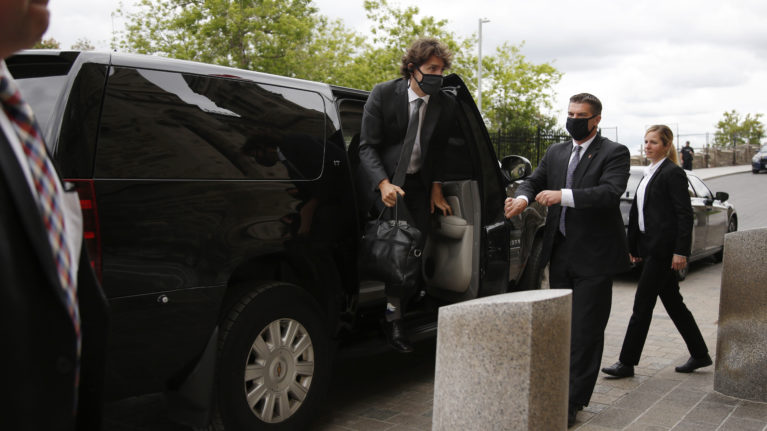Trump’s campaign had asked the court to stop the state from allowing election officials to process ballots received by mail 10 days before Election Day and those received two days after Election Day even if those ballots don’t have a postmark.
Federal Judge Michael Shipp said those provisions were legal and sound, rejecting the Trump campaign’s premise that they violated federal law.
New Jersey Democratic Gov. Phil Murphy added these provisions to the state’s election laws in August in order to allow New Jersey to conduct a primarily vote-by-mail election in November because of the Covid-19 pandemic, the court documents state.
The Trump campaign argued that processing ballots before Election Day is illegal because federal law “establishes a national uniform election day for Congress and the Presidency,” the documents state.
Read More
Shipp, an appointee of President Barack Obama, disagreed. As long as processing mail-in ballots before Election Day does not cause election officials to report any results before that day, the judge said, election officials can start before November 3.
“Federal law establishing a national uniform election day does not prevent New Jersey from canvassing ballots before Election Day so long as the election is not consummated and the results reported before the polls close on Election Day,” the federal judge wrote.
Canvassing refers to the processing of those ballots — opening them, getting them ready to be counted, checking signatures to make sure they match and the ballots are valid. All of these steps take time. Because of the coronavirus pandemic, officials expect an increase in mail-in ballots, the court documents state. Canvassing them before Election Day will give officials more time to process the influx.
Shipp also said that changing state law at the last minute may create confusion and a lack of trust among New Jersey residents.
“It is foreseeable that an injunction on the eve of the by-mail election could prompt confusion or distrust that voters opt to avoid the mail system altogether and cast provisional ballots in person,” he wrote. “Such an outcome would defeat the purpose of the vote-by-mail election and needlessly force voters and poll workers into close proximity.”



